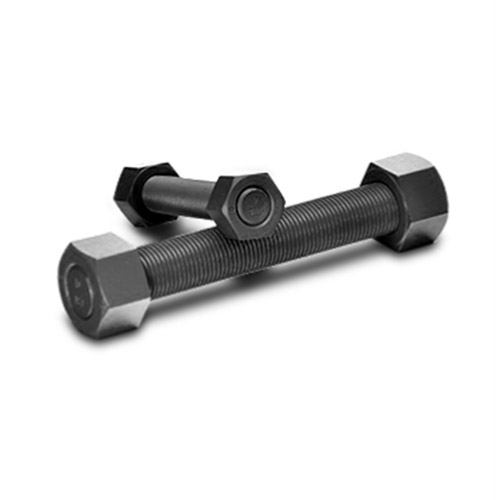fuel pipe in car
Nov . 25, 2024 19:19 Back to list
fuel pipe in car
Understanding Fuel Pipes in Cars A Comprehensive Overview
Fuel pipes play an integral role in the functionality of modern automobiles, serving as the essential conduits through which fuel travels from the tank to the engine. This seemingly simple component is critical to the performance and efficiency of a vehicle, and understanding its importance can shed light on many aspects of automotive engineering.
Anatomy of Fuel Pipes
Fuel pipes, typically made from durable materials like steel, aluminum, or reinforced plastic, are designed to withstand high pressures and harsh conditions. They are part of a broader fuel delivery system that includes the fuel tank, fuel pump, fuel filter, and fuel injectors. Each of these components works in harmony to ensure that fuel is delivered to the engine in the right quantity and at the correct pressure.
The fuel pipe system is generally divided into an inlet pipe that brings fuel from the tank to the engine and a return pipe that sends excess fuel back to the tank. This cyclical flow helps maintain optimal fuel levels and pressure, thereby enhancing engine efficiency.
Importance of Fuel Pipes
1. Fuel Efficiency Properly functioning fuel pipes ensure that fuel is delivered efficiently to the engine. Any obstruction or leakage can reduce fuel efficiency, leading to increased consumption and higher operating costs. This is particularly important in a time when fuel prices are volatile and efficiency is critical to vehicle economics.
2. Engine Performance The performance of a car heavily relies on its fuel delivery system, including the fuel pipes. Clogs, wear and tear, or damage can disrupt the flow of fuel, resulting in poor engine performance, increased emissions, and potentially harmful knocking sounds. This can lead to reduced horsepower and acceleration, affecting the overall driving experience.
3. Safety Considerations Faulty fuel pipes can pose significant safety risks, such as fuel leaks that can lead to fire hazards. Regular inspections of fuel pipes for signs of wear, corrosion, or damage are vital to ensure the safety of both the vehicle occupants and the environment.
fuel pipe in car

4. Material and Design Advances in material science have led to the development of fuel pipes that are less prone to corrosion and damage. For instance, modern vehicles may use plastic fuel lines that are lighter and more resistant to rust compared to traditional metal options. Additionally, improvements in design, such as the introduction of quick-connect fittings, have simplified repair and maintenance processes.
Maintenance of Fuel Pipes
To ensure the longevity and performance of fuel pipes, regular maintenance is essential. Here are a few crucial tips
- Periodic Inspections Regularly check for leaks, cracks, or signs of wear. If you notice fuel odors or wet spots under your vehicle, it may indicate a fuel pipe issue that needs immediate attention.
- Fuel Filter Replacement A clogged fuel filter can strain the fuel pipes and pump, leading to potential failures. Replacing the filter as recommended can alleviate this risk.
- Professional Service It is advisable to have your vehicle inspected by a qualified mechanic periodically. They can assess the overall condition of the fuel system, including the pipes, and perform any necessary repairs or replacements.
Conclusion
The role of fuel pipes in automobile engineering cannot be overstated. They are crucial for optimal fuel delivery, engine performance, and safety. As vehicles continue to evolve with new technologies, understanding and maintaining these components will be fundamental to keeping our cars efficient and reliable. In a world where sustainability and efficiency are more critical than ever, paying attention to the health of our fuel delivery systems is not just good practice but essential for responsible car ownership.
